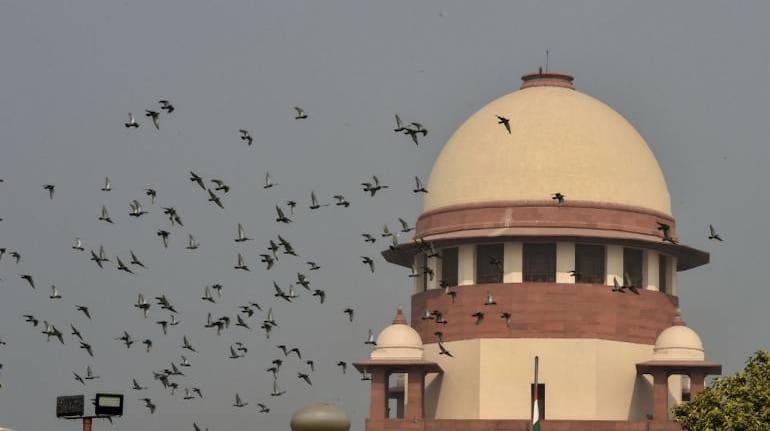
The Supreme Court on Thursday took note of 35 children testing positive for COVID-19 in a government-run shelter home in Tamil Nadu and sought a status report from the state government including steps taken to protect the remaining children.
A bench of justices L Nageswara Rao, Krishna Murari and S Ravindra Bhat also sought status report from different state governments on steps taken to protect children in shelter homes amid the pandemic, and also compliance of its April 3 order in this regard.
The top court said that Juvenile Justice Committees of high courts will circulate a questionnaire among state governments and collect their feedback about the protection of children from COVID-19 in shelter homes.
Coronavirus India News LIVE Updates
More than 35 children and five staff members have tested COVID-19 positive in government-run shelter home in Royapuram locality in Tamil Nadu.
On April 3, the top court had taken suo motu (on its own) cognizance of the condition of children in protection, juvenile and foster or kinship homes across the country amid the coronavirus outbreak and had issued directions to the state governments and various other authorities to protect them.
The top court had said as the COVID-19 pandemic is intensifying in the country, it is important that urgent measures are taken on a priority basis to prevent the spread of the virus in child care institutions (CCIs), children in need of care and protection (CNCP), children in contact with the law (CICWL) in observation homes and children in foster and kinship care.
It had said the juvenile justice boards (JJBs) should consider steps to release all children alleged to be in conflict with law residing in observation homes on bail, unless there are clear and valid reasons not to do so.
The top court had issued directions for the child welfare committees (CWCs) across the country and said they would monitor cases telephonically of children sent back to their families and coordinate through the district child protection committees and foster care and adoption committees for those in foster care.
The top court had directed the JJBs and children's courts "to pro-actively consider whether a child or children should be kept in CCIs, considering the best interest, health and safety concerns".
It had said video-conferences or online sittings can be held to prevent contact for speedy disposal of cases and the JJBs should ensure that counselling services are provided for all children in observation homes.
The top court had directed that all state governments shall circulate information to CCIs about how to deal with COVID-19 immediately, with instructions that awareness about it is spread in a timely and effective manner.
It had asked the states to stay prepared for a disaster or emergency situation that may arise and start developing a system to put in place trained volunteers who could step in to care for children.
Follow our full coverage of the coronavirus pandemic here.
Discover the latest business news, Sensex, and Nifty updates. Obtain Personal Finance insights, tax queries, and expert opinions on Moneycontrol or download the Moneycontrol App to stay updated!